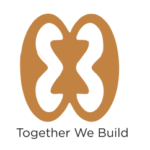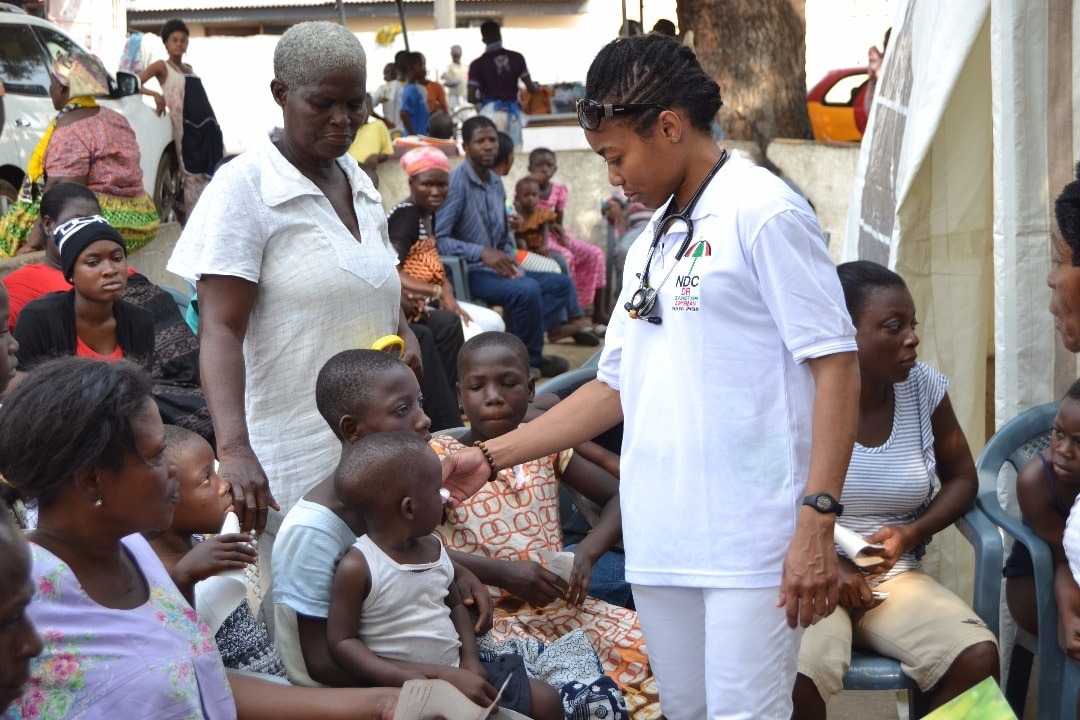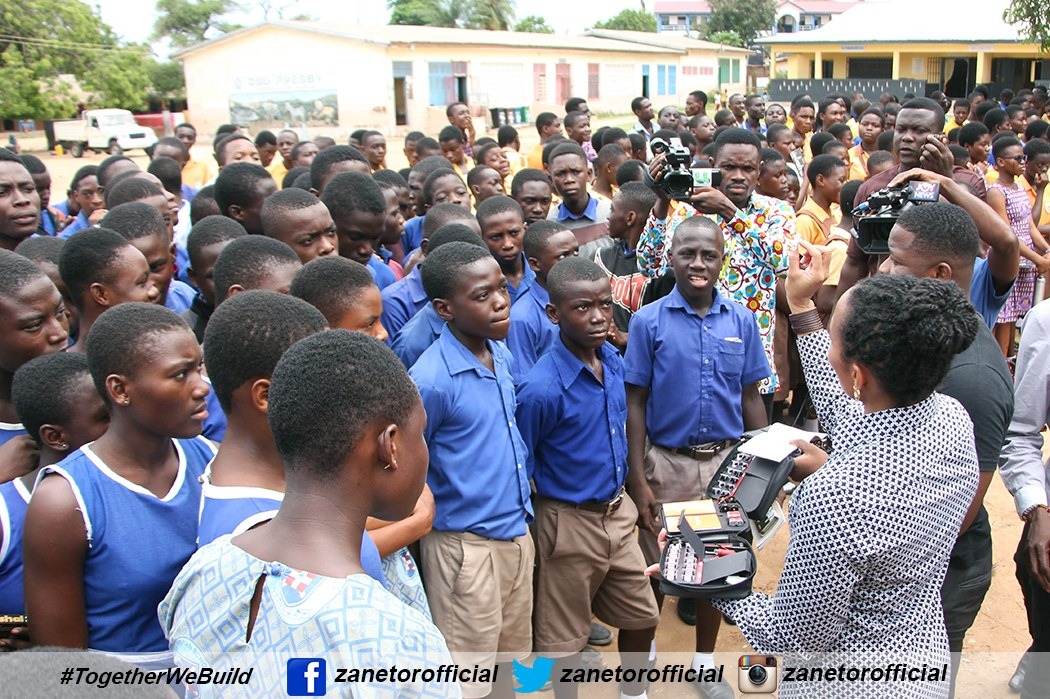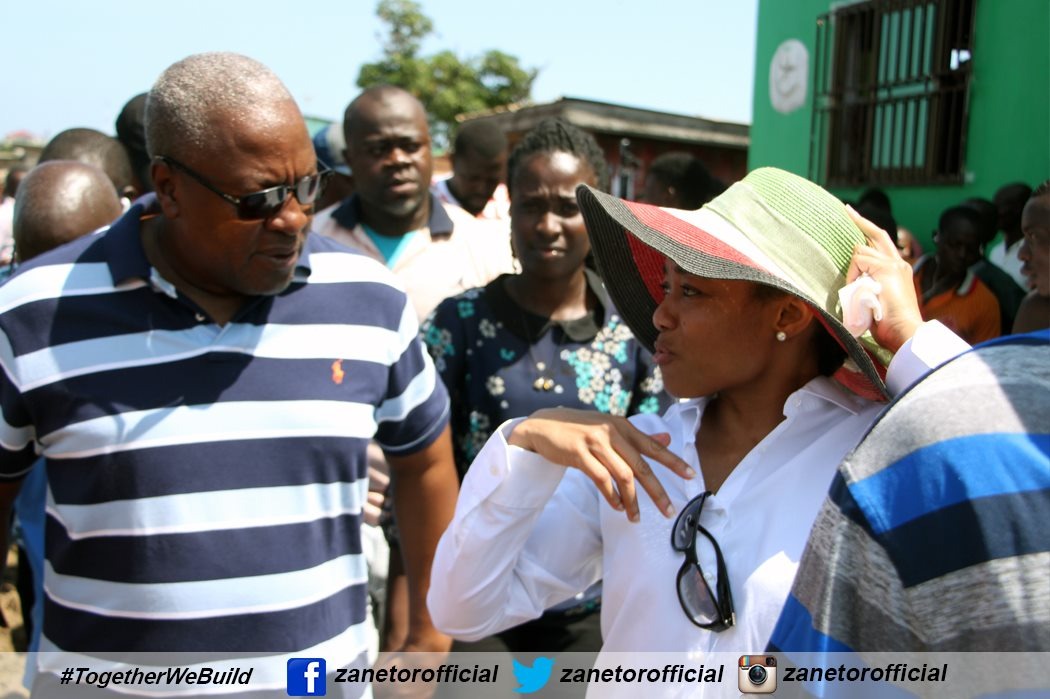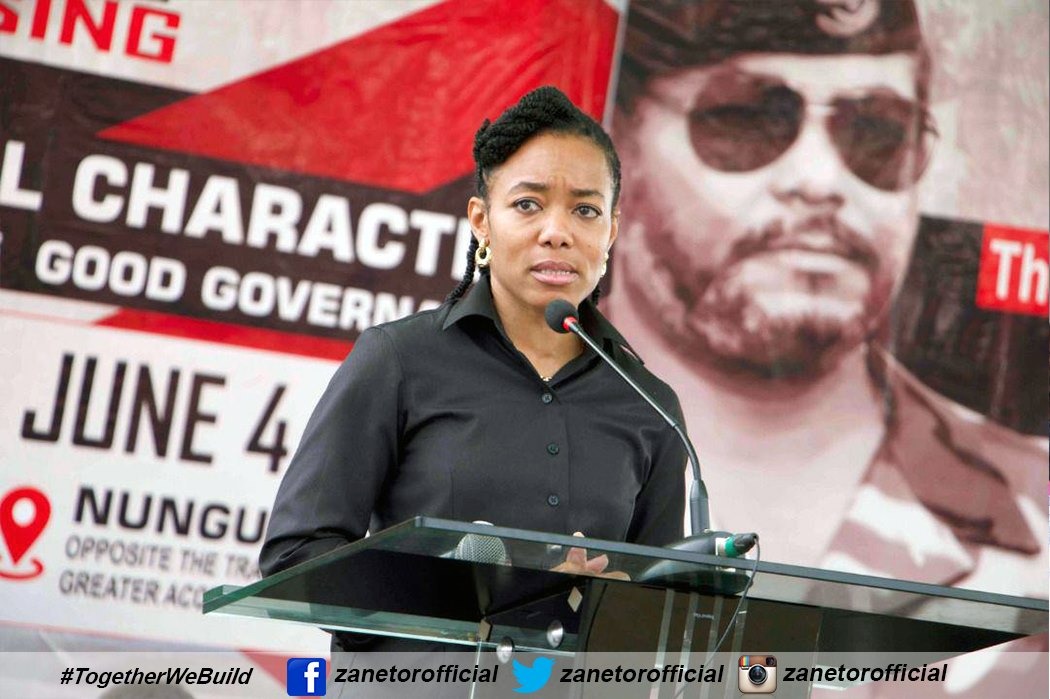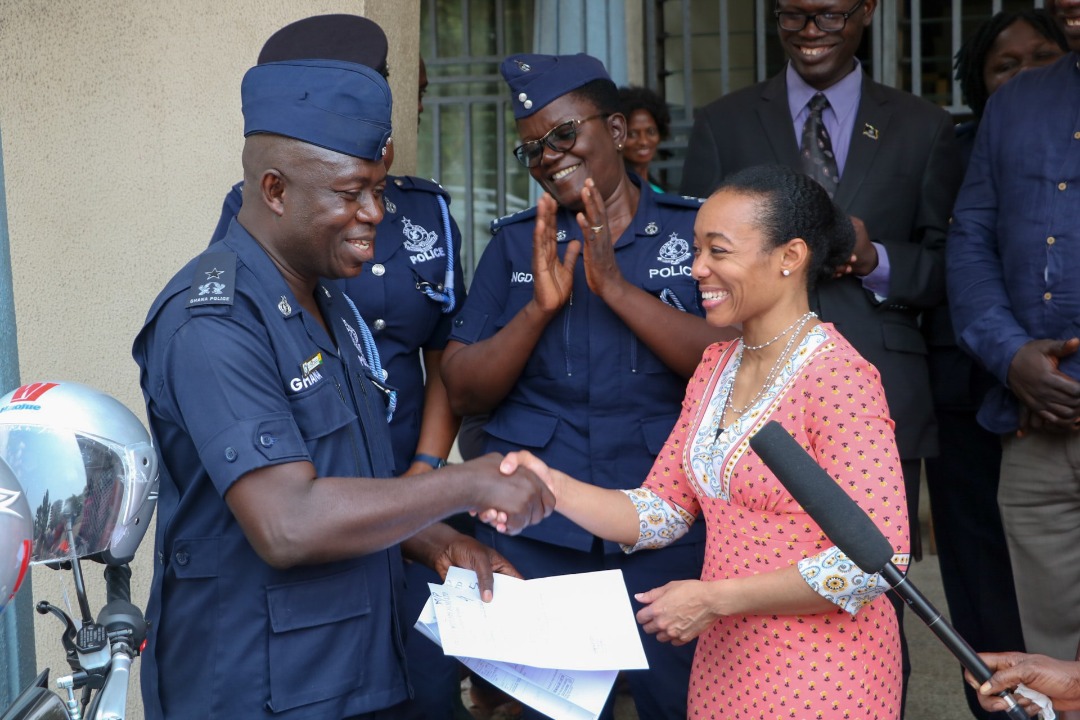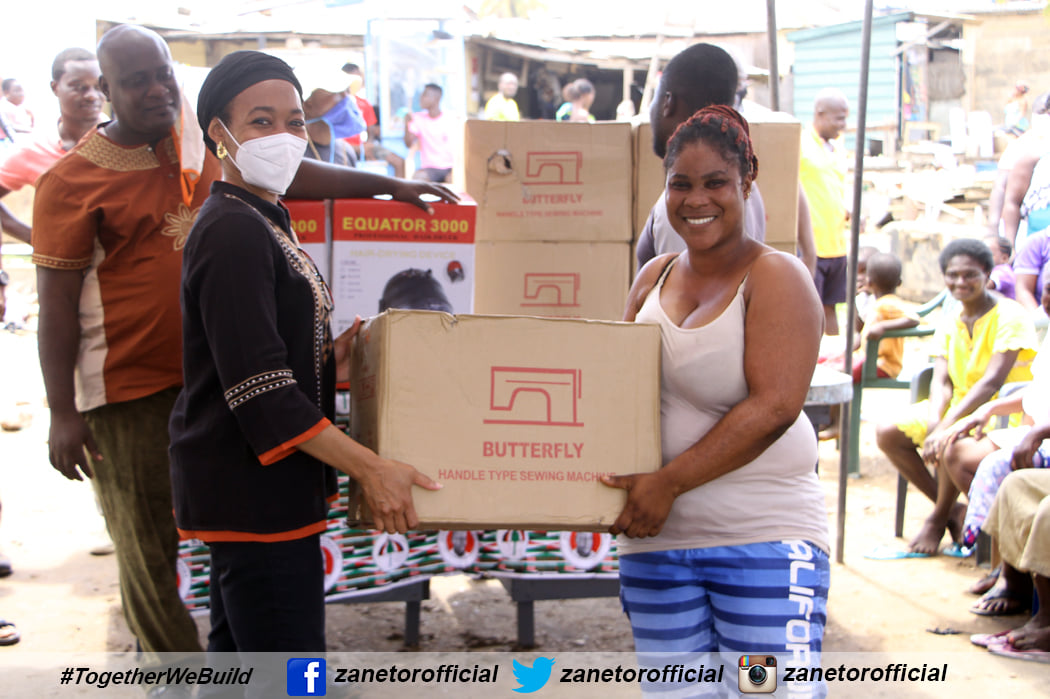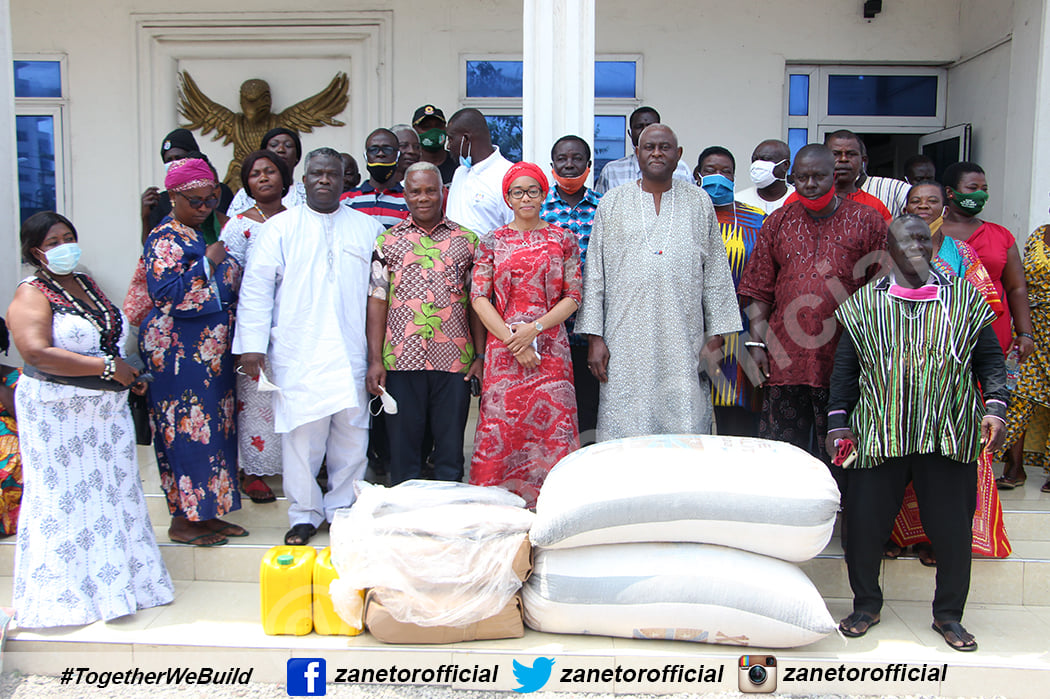Speaking Points By Hon. Dr. Zanetor Agyeman-Rawlings At Medays Forum Session 4: “Women Leadership & Entrepreneurship In Africa: Closing The Gap” Held On The 3rd Novemebr 2022 At 4:30pm In Tangier, Morocco
MEDays Forum – 2nd to 5th November 2022
THEME: “FROM CRISES TO CRISES: TOWARDS A NEW WORLD ORDER”
MEDays Session 4: Women Leadership & Entrepreneurship in Africa: Closing the Gap
Date and Time of the Session: Thursday, November 3rd 2022, 4:30 pm
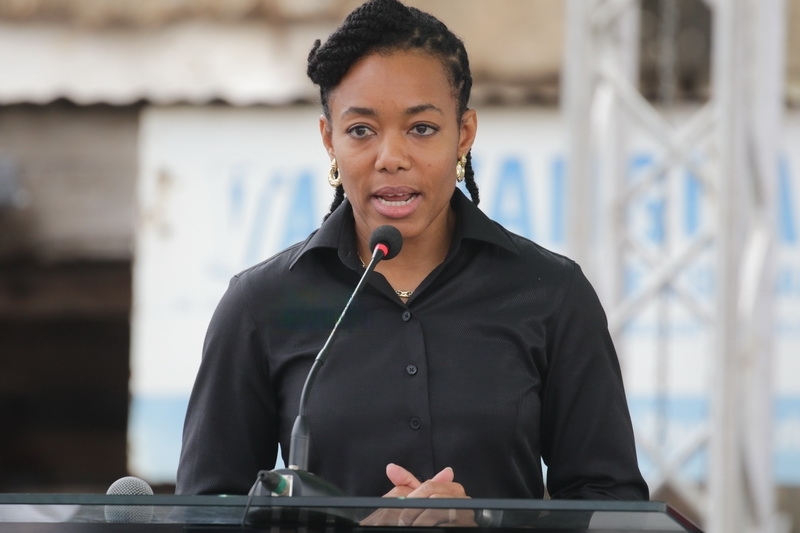
Background:
Africa is the world leading continent in women’s entrepreneurship and has 24% of the world’s women entrepreneurs. Together, they contribute 7-9% of Africa’s GDP annually, or about $150-200 billion. Moreover, forecasts by various experts predict that the number of African women entrepreneurs will continue to rise in the coming years. However, African women entrepreneurs face difficulties in accessing finance, loans and training. In addition, they face poor infrastructure.
According to a PwC report, these aspects discourage international investors and may soon cause the waning of this entrepreneurial zeal. It is necessary to capitalize on the dynamism of women’s leadership in Africa. It is essential to strengthen African women entrepreneurs in view of the strong potential of social emancipation that entrepreneurship presents. In this sense, it is necessary to simplify the obtaining of loans to finance their projects and to support them in their search for investors while facilitating their access to training.
Objectives of this session:
- To discuss how to encourage investors to invest in African women entrepreneurs as forecasts predict that the number of African women entrepreneurs will continue to rise
- To share how to empower African female entrepreneurs to continue their entrepreneurship journey despite difficulties faced in accessing finance, loans and training
- To find potential solutions on how to capitalise on the dynamism of women’s leadership in Africa
Guiding questions:
- How has Africa stood out from the rest of the world in terms of women’s leadership?
- How to capitalize on the pronounced dynamism of women’s leadership on the African continent?
- How can African authorities help women entrepreneurs to meet their financing and training needs?
- How to mobilize international technical and scientific cooperation to help African women entrepreneurs?
- What role(s) can the African Union and Regional Economic Communities play in supporting women’sleadership on the continent?
Speaking Points:
- How has Africa stood out from the rest of the world in terms of women’s leadership?
– In the strive for freedom and independence, women have played extremely important roles in resisting colonial powers. A few examples:
i. Ghana → Nana Yaa Asantewaa led the Ashanti resistance against the British;
ii. Egypt → Queen Hatshepsut 21-year reign was noted as a period of peace and prosperity;
iii. Angola → Queen Nzinga forged strategic alliances and was tenacious in resisting Portugal’s colonial aspirations
iv. Nigeria → Queen Amina of Zazzau of Kaduna demonstrated excellent leadership and governance throughout the expansion of her kingdom through conquest
v. Ethiopia → Empress Taytu Betul, fought in the famous battle of Adwa, which is considered as the most important victory of an African army in resisting colonial domination
- These examples are evidence that women are strong and do have the skills and the tenacity that it takes to work hard and fight for what is just. However, despite women having made these significant contributions to the independence of their respective nations, unfortunately, these did not reflect in their participation in leadership roles in post-colonial governance.
- Nonetheless, women in Africa continue to aspire to play more significant roles in governance and leadership. Women in Africa have not only served in the highest office in their country, as underlisted:
- Liberia → President Ellen Johnson Sirleaf, Liberia’s and Africa’s first democratically elected female President (2006) who played an important role in the post-conflict reconstruction and development of her country, for which she won the Nobel Peace Prize.
- Central African Republic → President Catherine Samba Panza
- Mauritius → President Ameenah Gurib Faki
- Malawi → President Joyce Banda of,
- Ethiopia → President Sahle Work Zewde
- Tanzania → President Samia Suluhu Hassan
but since the beginning of the 90s up until today, more women across the continent have served in the executive arm of government as Vice Presidents, Prime Ministers, Ministers of State, and in the legislature. Mrs. Nkosazana Dlamini-Zuma was, in July 2012, elected Chairperson of the African Union (AU). She was the first woman to lead the Organisation of African Unity, which is the AU predecessor, or the AU itself.
- Statistics show that the number of women in senior-level government positions has been increasing. Rwanda, Namibia, South Africa and Senegal, are among the top 15 countries with the most women in parliament worldwide. Rwanda tops the list globally, with ca. 61% of its Members of Parliament being women. However, the sub-Saharan African average is ca 24%, according to data from the Inter-Parliamentary Union. Ghana for example has 40 women Members of Parliament out of the 275 total seats, which is only about 15%.
- How can we capitalize on the pronounced dynamism of women’s leadership on the African continent?
- Stop lip services – practical steps need to be taken to realise the call for pushing women in leadership positions
- Individual nations should put measures in place that will promote gender parity in its top-decision making positions, guaranteeing the presence of qualified women
- Women leaders must support other women
- Implement mentoring/training programme for women in leadership to support and encourage women to take up leadership positions, to allow them to learn from women in leadership in Africa and to equip them with the required skills
- How can African authorities help women entrepreneurs to meet their financing and training needs?
- Targeted and sufficient funding – allocate parts of respective government’s budget to support women entrepreneurs (sponsorship/loan/training). This will ensure that women have access to quality education, training and consequently feel economically empowered
- Seek sponsorship/grants from local and international organisations
- How to mobilize international technical and scientific cooperation to help African women entrepreneurs?
- Offer incentives for international cooperation
- What role(s) can the African Union and Regional Economic Communities play in supporting women’s leadership on the continent?
- African Union Agenda 2063 – goal of 50 percent women’s representation in official roles
- Controls must be in place to measure the progress of this agenda and to take necessary action to guarantee timely achievement of the goal
- The UN Security Council Resolution (UNSCR) 1325 and its follow-on resolutions, specifically UNSCR 1820, 1888, 1889, 1960, 2106, 2122 and 2242, established norms which came to form the Women, Peace and Security (WPS) Agenda. UNSCR 1325 emphasises the importance of the equal participation of women for sustainable peace and security.
Although there has been progress, more work needs to be done, which includes:
- Encourage the implementation of affirmative action bills in all member nations
- Development and implementation of National Action Plans to implement WPS
- Implementation of controls required to monitor and evaluate progress in member nations with reference to WPS activities
- Increased amount of coordination and collaboration among actors working on WPS at regional and national levels
- Finding more avenues for funding
| M | T | W | T | F | S | S |
|---|---|---|---|---|---|---|
| 1 | 2 | 3 | 4 | 5 | 6 | 7 |
| 8 | 9 | 10 | 11 | 12 | 13 | 14 |
| 15 | 16 | 17 | 18 | 19 | 20 | 21 |
| 22 | 23 | 24 | 25 | 26 | 27 | 28 |
| 29 | 30 | 31 | ||||
